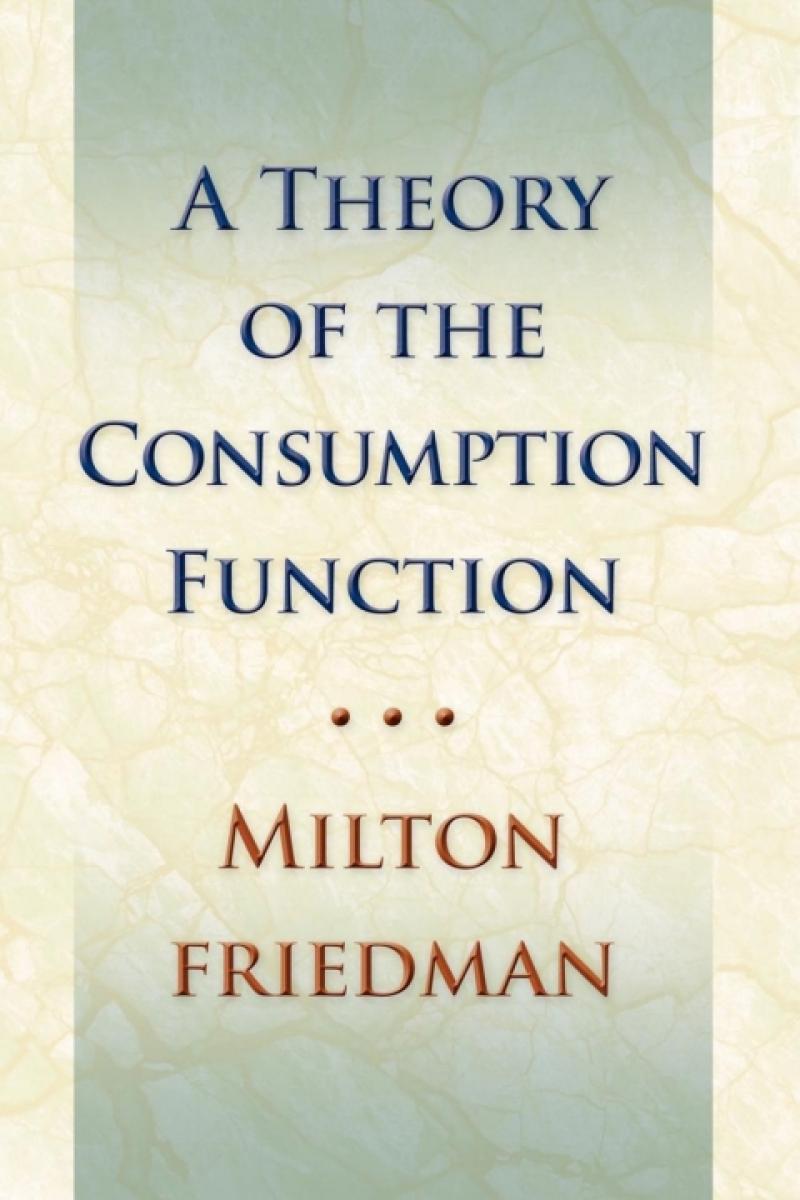What is the exact nature of the consumption function? Can this term be
defined so that it will be consistent with empirical evidence and a
valid instrument in the hands of future economic researchers and
policy makers? In this volume a distinguished American economist
presents a new theory of the consumption function, tests it against
extensive statistical J material and suggests some of its significant
implications. Central to the new theory is its sharp distinction
between two concepts of income, measured income, or that which is
recorded for a particular period, and permanent income, a
longer-period concept in terms of which consumers decide how much to
spend and how much to save. Milton Friedman suggests that the total
amount spent on consumption is on the average the same fraction of
permanent income, regardless of the size of permanent income. The
magnitude of the fraction depends on variables such as interest rate,
degree of uncertainty relating to occupation, ratio of wealth to
income, family size, and so on. The hypothesis is shown to be
consistent with budget studies and time series data, and some of its
far-reaching implications are explored in the final chapter.
Les mer
Produktdetaljer
ISBN
9780691188485
Publisert
2018
Utgiver
Princeton University Press
Språk
Product language
Engelsk
Format
Product format
Digital bok
Forfatter

